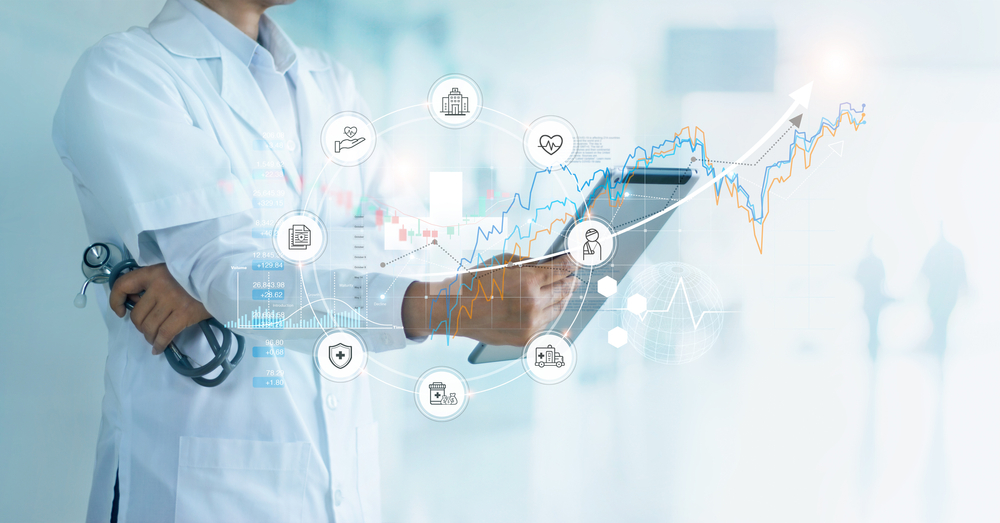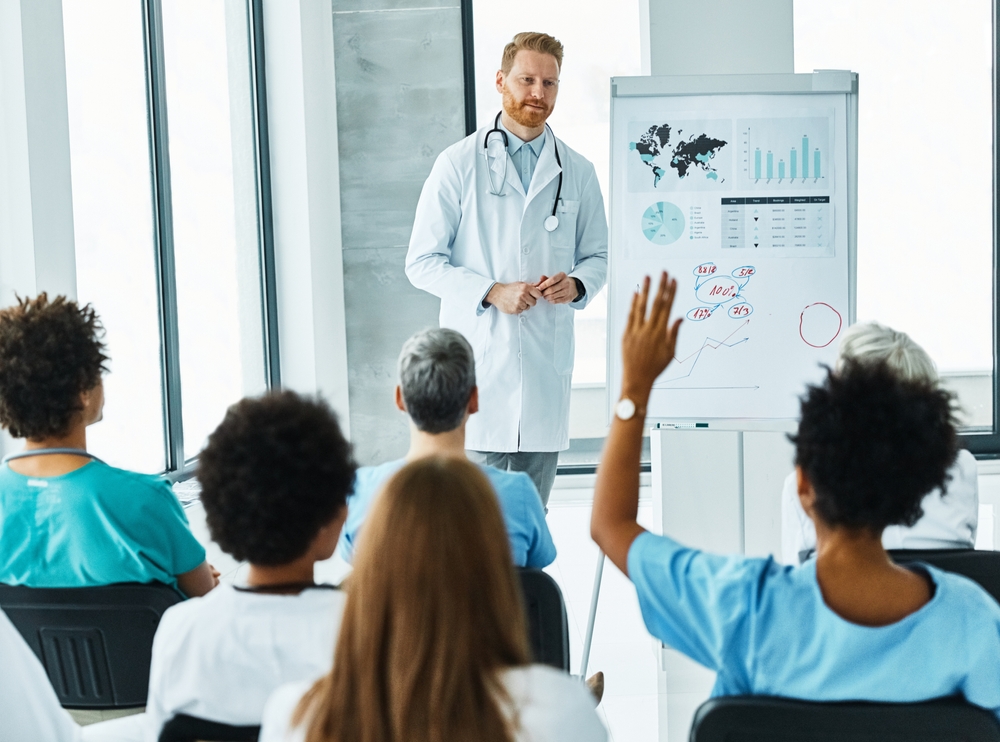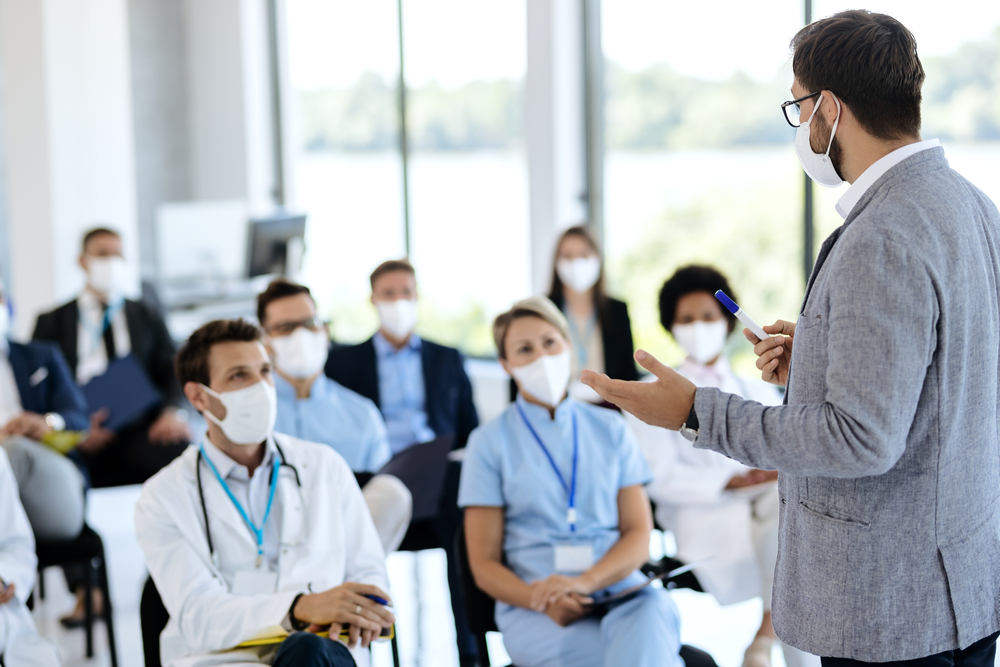

This course in Medical Laboratory Sciences is an advanced study of various fields including microbiology, hematology and biochemistry, with a special emphasis on the relevant laboratory procedures and examination in the diagnosis and treatment of patients. Such aspects as finding the microbe, blood pathology, and biochemical and control tests are dealt with preparing the students for practical assignments in clinical laboratories.
| City | Start Date | End Date | Fees | Register | Enquire | Download |
|---|---|---|---|---|---|---|
| Krakow | 30-06-2025 | 04-07-2025 | 6200 $ | Register | Enquire | |
| Cairo | 07-07-2025 | 11-07-2025 | 3950 $ | Register | Enquire | |
| Casablanca | 14-07-2025 | 18-07-2025 | 4950 $ | Register | Enquire | |
| Amsterdam | 28-07-2025 | 01-08-2025 | 6200 $ | Register | Enquire | |
| Cairo | 04-08-2025 | 08-08-2025 | 3950 $ | Register | Enquire | |
| London | 11-08-2025 | 15-08-2025 | 6200 $ | Register | Enquire | |
| Bali | 18-08-2025 | 22-08-2025 | 4950 $ | Register | Enquire | |
| Dubai | 01-09-2025 | 05-09-2025 | 4300 $ | Register | Enquire | |
| Jakarta | 08-09-2025 | 12-09-2025 | 4950 $ | Register | Enquire | |
| Amsterdam | 15-09-2025 | 19-09-2025 | 6200 $ | Register | Enquire | |
| Madrid | 22-09-2025 | 26-09-2025 | 6200 $ | Register | Enquire | |
| Istanbul | 06-10-2025 | 10-10-2025 | 4950 $ | Register | Enquire | |
| Kuala Lumpur | 13-10-2025 | 17-10-2025 | 4950 $ | Register | Enquire | |
| Amsterdam | 20-10-2025 | 24-10-2025 | 6200 $ | Register | Enquire | |
| London | 03-11-2025 | 07-11-2025 | 6200 $ | Register | Enquire | |
| Paris | 17-11-2025 | 21-11-2025 | 6200 $ | Register | Enquire | |
| Cairo | 24-11-2025 | 28-11-2025 | 3950 $ | Register | Enquire | |
| London | 01-12-2025 | 05-12-2025 | 6200 $ | Register | Enquire | |
| Paris | 08-12-2025 | 12-12-2025 | 6200 $ | Register | Enquire | |
| Cairo | 15-12-2025 | 19-12-2025 | 3950 $ | Register | Enquire | |
| Kuala Lumpur | 22-12-2025 | 26-12-2025 | 4950 $ | Register | Enquire | |
| Rome | 29-12-2025 | 02-01-2026 | 6200 $ | Register | Enquire |
This course provides a foundational introduction to clinical medical laboratory operations, tailored for individuals with minimal or no background in medicine or clinical laboratory sciences. It is ideal for those seeking to understand the workings of medical laboratories and the roles of laboratory professionals.
The course explores the distinctions between anatomical pathology and general clinical laboratories, highlighting the contributions of various staff members within these environments. The significance of different laboratory departments and their specific functions is emphasized.
Medical laboratories are crucial in healthcare, bridging biology and chemistry. With 60-70% of patient diagnosis, treatment, hospitalization, and recovery decisions relying on laboratory results, medical lab scientists play a pivotal role in healthcare decision-making.
Upon completion of this medical laboratory technology course, participants will be able to:
Unit 1: Introduction to the Medical Laboratory
Unit 2: The Medical Laboratory Basics
Unit 3: Overview of the Clinical Laboratory
Unit 4: Clinical Chemistry
Unit 5: Molecular Diagnostics
Unit 6: Immunology and Serology



















